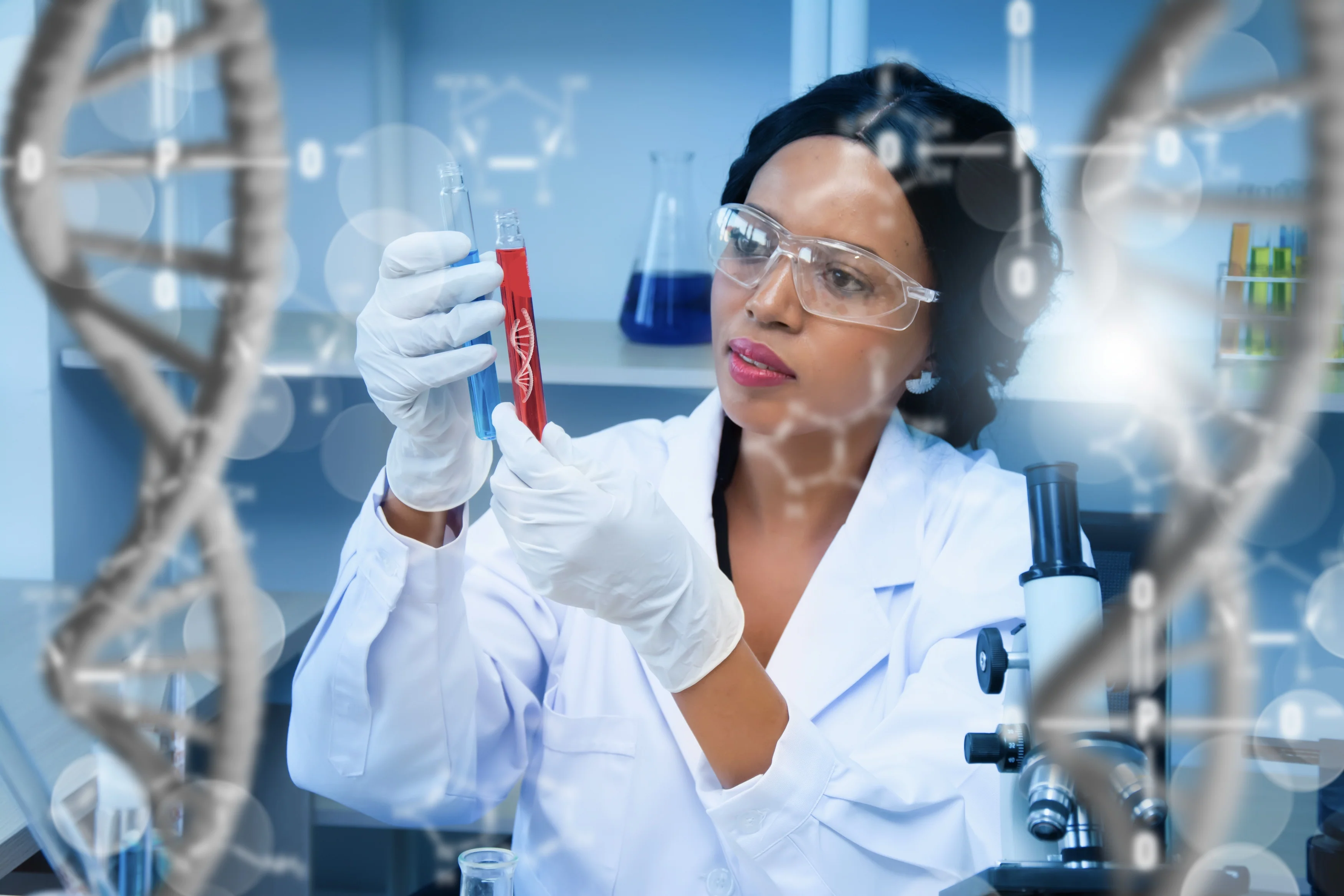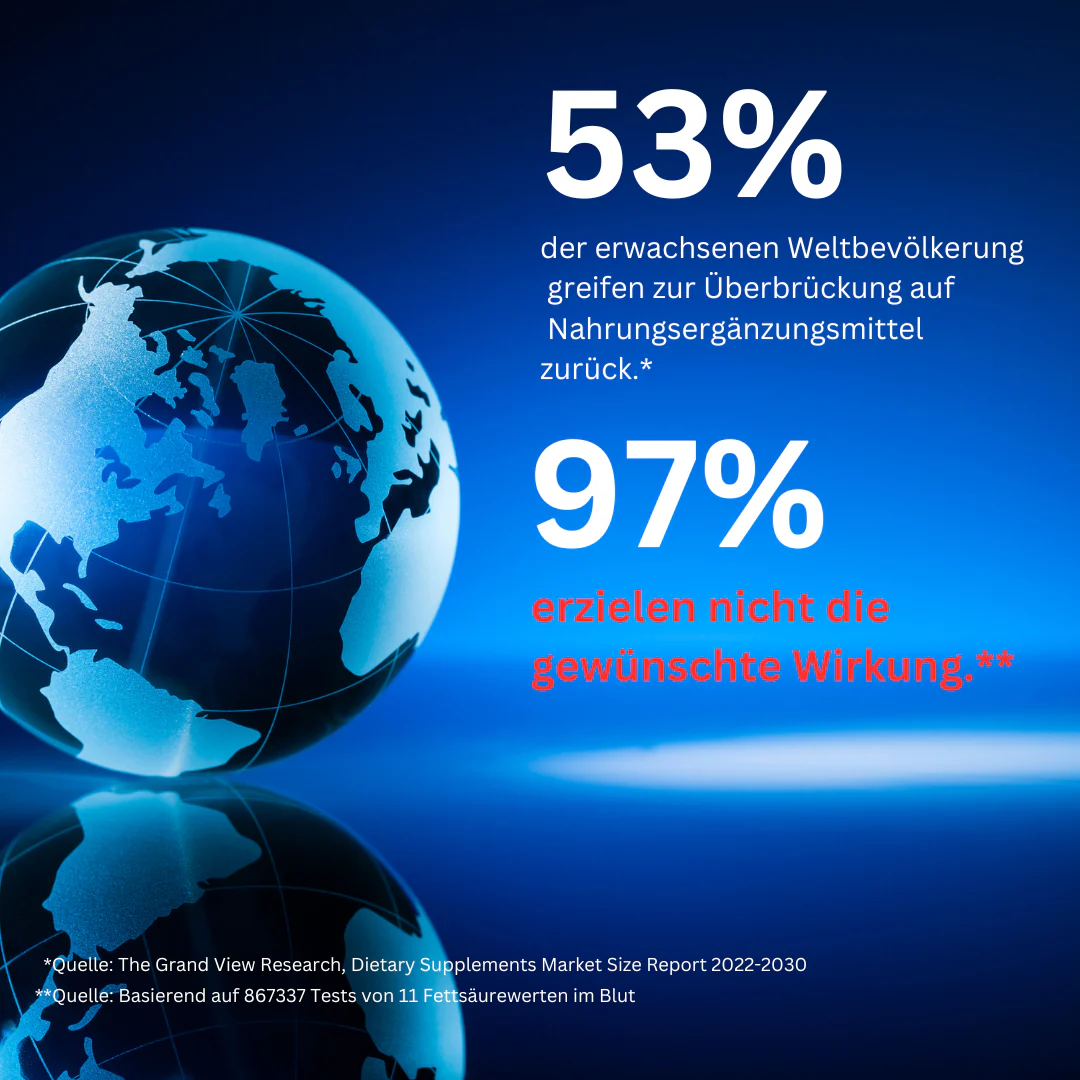
New findings: How diet influences the risk of cancer
How many moments are there that tempt you to consume sugar - the everyday drug sugar is omnipresent. But sugar has been shown to promote the growth of cancer cells. Until now, there has been a lack of comprehensive understanding of the exact mechanisms behind this. A new study has shed light on this.
It is known that sugar promotes the growth of cancer cells, and scientific studies confirm this. However, a comprehensive understanding of "how" sugar feeds cancer cells has been lacking until now. A recent study, published in the journal Cell in April 2024, now reveals a new mechanism linking the development of uncontrolled blood sugar and a poor diet to an increased risk of cancer.
The research, conducted at the National University of Singapore and the Cancer Science Institute of Singapore under the leadership of Professor Ashok Venkitaraman and Dr Li Ren Kong, has found that a chemical released when sugar is broken down in the body also suppresses the formation of a gene that prevents tumors from forming.
This discovery provides valuable insights into how dietary habits can influence the risk of developing cancer. It also points to specific ways in which this risk can be reduced through conscious dietary choices.
A temporary off-switch
Until now, it was believed that cancer-preventing genes had to be permanently inactive for malignant tumors to develop. However, a new discovery shows that a chemical called methylglyoxal (MGO), which is released when sugar is broken down in the body, can temporarily deactivate these protective mechanisms.
An important gene in this context is BRCA2. This gene repairs DNA and produces a protein that suppresses the growth of tumors and the proliferation of cancer cells. Mutations in the BRCA2 gene are primarily associated with an increased risk of breast and ovarian cancer as well as other types of cancer. People with a defective BRCA2 gene copy are particularly susceptible to DNA damage caused by methylglyoxal (MGO).
However, the study shows that even people without a genetic predisposition to cancer have an increased risk of developing the disease if their MGO levels are elevated. It was found that persistently high blood glucose levels can significantly increase the risk of cancer.
Early detection of cancer risks
The more sugar the body has to break down, the higher the MGO levels and the greater the risk of developing malignant tumors.
MGO is difficult to measure directly. However, early detection of elevated levels is possible with a routine HbA1c blood test, which measures average blood glucose levels over the last two to three months and is normally used to diagnose diabetes. This new research could provide a mechanism for detecting early warning signs of cancer development.
Further research is needed, but the results of this study could open up new methods to reduce the risk of cancer. The researchers emphasize that their work was carried out on cell models and not patients, so it would be premature to give specific advice on risk reduction on this basis.
Nevertheless, the new knowledge from this study could influence the direction of future research and ultimately have implications for cancer prevention. For example, poor dietary habits rich in sugar or refined carbohydrates are known to cause blood sugar spikes. The researchers are now studying larger cancer patient groups to further clarify these relationships.
Link between diet and cancer
Dr. Simpson, medical director of Opt Health, explained in an email to the Epoch Times, "Genes load the gun, but your lifestyle pulls the trigger. Every meal you eat provides information. This information can either activate your longevity genes or turn on your disease-promoting genes. Cancer is therefore largely self-inflicted by an individual's diet."
A study published in Cambridge University Press in 2018 showed that consumption of sugary soft drinks is associated with an increased risk of obesity-related cancers.
Another study published in 2020 in the American Journal of Clinical Nutrition concluded that sugar could be a risk factor for cancer, particularly breast cancer. Cancer cells have an enormous need for sugar and consume it 200 times faster than normal cells.
Reducing the risk of cancer
New findings from a study in the journal Cell on MGO (methylglyoxal) support reducing sugar intake to reduce cancer risk. In addition, a study published in Diabetes & Metabolism in January shows that a Mediterranean diet can help lower MGO levels.
Furthermore, a study published in Cell in 2023 found that the ketogenic diet could be an effective nutritional measure for cancer patients, as it slowed the growth of cancer cells in mice. A review published in JAMA Oncology in 2022 concluded that current evidence supports a plant-rich diet to reduce the risk of cancer.
Dr. Simpson emphasizes the importance of natural foods and healthy macronutrients with a low-carbohydrate diet for cell health.
"Mitochondria are the most important signaling molecules and energy producers in our bodies. Eat lots of vegetables, healthy proteins and healthy fats, fish, eggs, yogurt." He adds, "Lots of green, above-ground vegetables, some fruit, anything that's naturally grown and not processed."
Source:
By: Jennifer Sweenie
This article does not replace medical advice. If you have any health questions, please consult your doctor or pharmacist.
First published on theepochtimes.com under the title "Researchers Discover New Mechanism Linking Diet and Cancer Risk"















